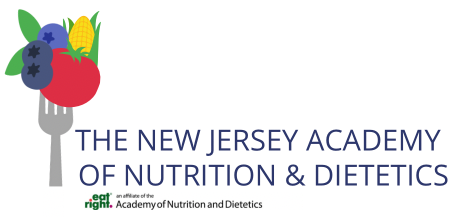By, Jenna Deinzer RDN

With such a focus on health and wellness and the benefits of having healthy habits it can be difficult at times to tell when healthy crosses the line to unhealthy thoughts and behaviors.
Many individuals have and continue to experience disruptions with daily life leading to impacts on mental and physical health as a result of the COVID-19 pandemic. Due in part to this, there continues to be a growing number of individuals who have developed eating disorders or have had worsening in eating disorder behaviors since the start of the pandemic, especially adolescents.
It is estimated that 20 million women and 10 million men in America will have an eating disorder at some point in their lives. Eating disorders affect people of all genders, ages, races, ethnicities, body shapes and weights, sexual orientations, and socioeconomic statuses.
Many people with eating disorders may look healthy, yet may be extremely ill. It is important to recognize warning signs to look out for. These warning signs or red flags may consist of a combination of emotional, behavioral, and physical changes.
Warning Signs/Red Flags
- Weight gain, loss, or fluctuations with weight
- Preoccupation with weight, food, calories, dieting
- Withdrawal from usual activities/ avoidance of social situations (especially social eating situations)
- Increased rigidity around food
- Skipping meals/snacks or reducing portions at meals/snacks
- Frequent checking in the mirror for perceived flaws in appearance
- Excessive exercise
- Changes in mood
- Eating in secret
- Refusal to eat certain foods/food groups
This list provides an overview of some changes that may be observed. Each individual may have their own experience and warning signs may vary based on various eating disorders.
Working with a Registered Dietitian Nutritionist (RDN) who specializes in eating disorders, along with other members of a multidisciplinary treatment team, can be a key component to guide recovery from disordered eating thoughts and behaviors or eating disorders.



